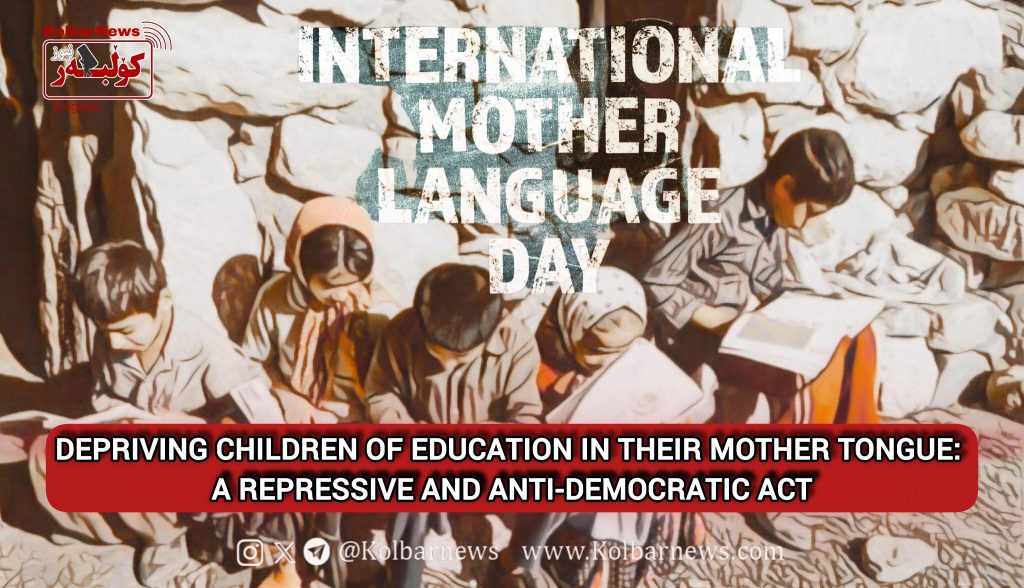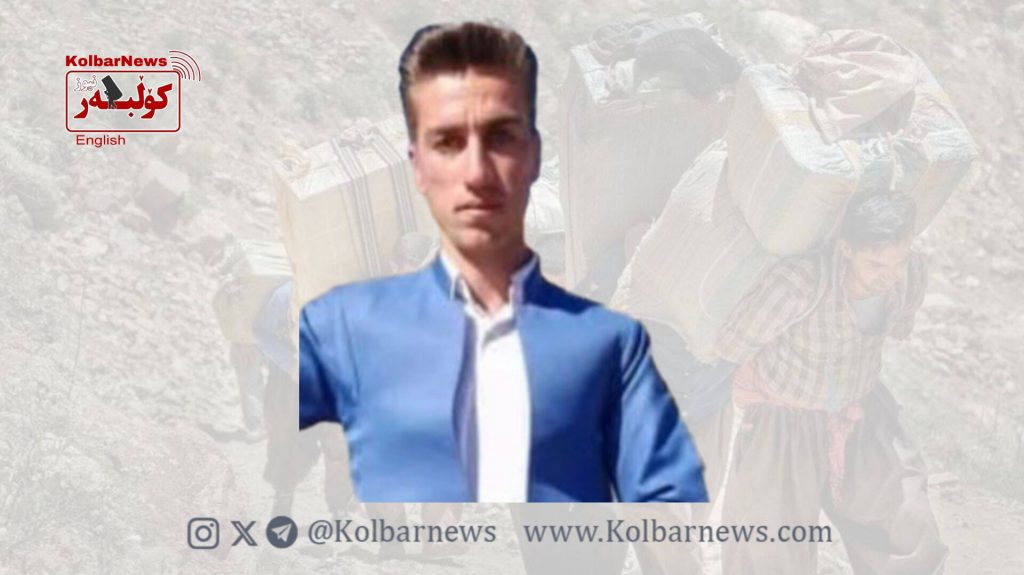
Tomorrow, Friday, February 21, marks International Mother Language Day. On February 21, 1952, many Bengali-speaking students at the University of Dhaka the capital of present-day Bangladesh and then East Pakistan protested against the imposition of Urdu as the official language by Pakistan’s central government and demanded official recognition of their mother tongue, Bengali. The protest was violently suppressed by Pakistani government forces, who opened fire on the demonstrators. Many students and professors were killed or injured in the attack.
The ongoing struggle of the Bengali-speaking people eventually led to Bangladesh’s independence from Pakistan in 1971. On November 17, 1999, UNESCO the United Nations Educational, Scientific, and Cultural Organization recognized education in one’s mother tongue as a universal human right. UNESCO also accepted an official proposal from the Bangladeshi government to designate February 21 as “International Mother Language Day”. This proposal was supported by 188 member states, including the Islamic Republic of Iran. The first-ever International Mother Language Day was celebrated in Paris in February 2000 with representatives from different countries, linguists, and education experts. Since then, various events have been held worldwide to mark this day.
Despite being a signatory to this UN resolution, the Islamic Republic of Iran has systematically denied millions of non-Persian-speaking children the right to education in their mother tongues, even though Iran’s own constitution recognizes this right. The Iranian regime, like its predecessors, considers mother tongue education a threat to “Iran’s territorial integrity”. The Persian-centric language academies view it as a serious danger to the Persian language and a conspiracy to weaken its influence. Similar to the Pahlavi regime, the Islamic Republic seeks cultural and linguistic homogenization to enforce a fabricated national identity. While this policy was historically used by early capitalist states in Europe and colonial powers to consolidate nation-states and create unified labor and consumer markets, in today’s era of globalization and technological advancements, such an approach is reactionary and serves the interests of authoritarian elites clinging to power.
From both a democratic and educational perspective, depriving children of mother tongue education is an act of oppression. A statistical analysis in Iran reveals that the majority of the 5 million students who have failed their exams over the past nine years are non-Persian speakers. This simple fact highlights the urgent need for mother tongue education.
A child’s mother tongue is the language they learn from their parents and family. Research in biology and psychology shows that even before birth, a child becomes familiar with their mother tongue and feels comforted by their mother’s voice. A child’s emotions, thoughts, and identity develop through their native language, which enables them to understand and interact with the world. The most critical phase of a child’s life between ages 5 and 7 is shaped by mother tongue education, forming the foundation of their personality and future development.
In Iran, under the rule of the Islamic Republic, the prohibition of mother tongue education alongside the erasure of the cultures and literatures of non-Persian communities is part of a wider system of oppression and discrimination against the diverse ethnic groups living within the country’s borders.

